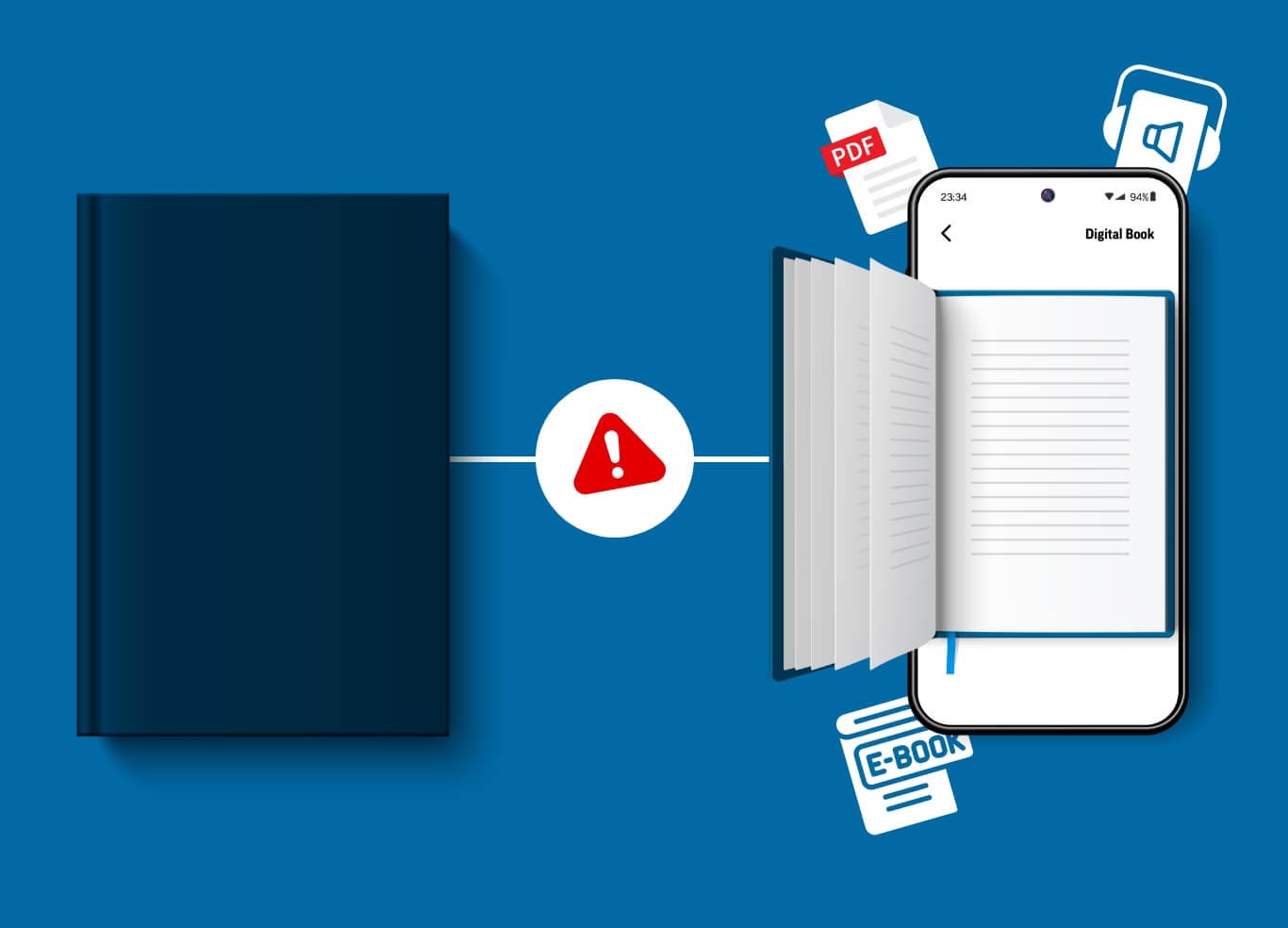When starting a business, there are many aspects to consider. The crucial factors are the type of business, sector, growth rate, demand, and more. However, apart from all these, capital (finance) holds a significant position while setting up any business. As a matter of fact, once the company secures a position in the market, it is necessary to keep a smooth cash flow in the business. The accounting department typically manages this important aspect of any business organization, where all the expenditures, payments, and other financial-related processes are catered. As we look closely into any modern business today, a variety of departments are entitled to their particular services. However, accounting is crucial to look after for several reasons.
The accounting department ensures the seamless management of the organization’s financial matters. Moreover, companies have to settle numerous accounts and financial statements in the long run while setting up a business. It can be said simply that accounting and finance is a cornerstone of any firm. Maintaining a smooth and seamless workflow is essential to avoid any mistakes and errors while managing the accounting ledgers with the utmost accuracy and efficiency. Businesses from different sectors have payments to receive and pay, as well as other expenses that may include stationary, infrastructure expenses, technology, and more.
All these receipts, invoices, and bills are catered to the accounting department to make accurate closing statements at the end of the financial year. Therefore, managing small to big entries almost daily is tedious, which is why accounting data entry plays a massive role in every business organization. In the traditional days of businesses, accounting was a manual process that led to many human errors, consumed time, and needed to be more efficient.
Efficiently Manage Finances of Your Organization with Accounting Data Entry
However, the digitalization and wide acceptance of technology across various industries changed conventional working methods into digitized approaches. This is when accounting data digitization emerged in business, enhancing the process and results. Moreover, digitization has also eased the way finance ledgers are maintained.
Today, in the ever-growing economic landscape, physical copies or the traditional working approach have failed, thanks to the acceptance of financial data entry services. Typically, start-ups, NGOs, and other small-scale businesses don’t have a separate accounting department, which leads to hiring a reliable outsourcing partner for data digitization services. Let’s explore data entry for accounting services in detail, along with its process and how outsourcing can be a reliable solution.
Quick Overview of Accounting Data Entry Services
Accounting, also known as bookkeeping in technical terms. It is a significant aspect of any business organization. It keeps the finances and other related procedures accurate. The financial management of any organization holds crucial details as well as data that needs to be securely stored. Since the modern business world demands proficient and efficient processes, accounting data entry is one comprehensive solution for small to large enterprises. It ensures that all monetary information, transactions, billing process or financial-related entries are accurately digitized in accounting CRMs or other business software, which enhances data accessibility.
Moreover, data entry for business financial departments also provides a comprehensive report of the company’s financial health. As a matter of fact, financial data entry service refers to entering the monetary transaction into electronic format and storing into secured CRM or software. This effective process serves as a reliable source of information, better decision-making, strategic planning, accurate entries, zero scope of errors, and more. Furthermore, the details of the payer and receivers are also entered securely, making it easy for accounting experts to get the details when required quickly. Following are some of the common advantages of the accounting data digitization process;
Advantages of the Accounting Data Digitization
Secured Details
Acucrate Financial Statements
Better Financial Planning
Error-free Ledgers
Easy Access to Records
Streamlined Financial Process
Compliance and Data Security
Apart from these benefits, it is more important to understand the data digitization service process and why partnering with a reliable outsourcing firm can be effective. Moreover, not all companies can afford to have an in-house accounting team, as it is expensive, especially for small-scale organizations. Therefore, outsourcing becomes the most comprehensive solution in such cases as it is affordable and offers accurate results, expertise, knowledge, and more. Any outsourcing organization tends to follow an accounting data entry process that helps bring effective, precise, and desirable results. Let’s get into a detailed understanding of the process for better clarity.
From Paper to Digital: Process of Accounting Data Digitization
As discussed earlier, traditional or manual accounting methods were prone to errors, risk, miscommunication, and more. This could lead to significant losses in digitized landscape. As manual processes take time and demand acute attention, digitizing data in the financial department becomes a necessary task. However, transforming manual process to digital methods has altered the process for accounting services that deliver accurate results and saves time. In any business sector, the accounting department holds sensitive information, which is evident to store and manage securely. Firms adopting accounting data entry process achieve precise outcomes while maintaining consistency in the financial aspects of the business. Let’s explore the step-by-step accounting data entry process for a better understanding.
- Step 1: Data Collection: The Financial department of any company generates and gathers massive data in various formats. Gathering data from ledger books, bills, invoices, miscellaneous expenses, information on payer, date, payment methods, transaction amount, profit and loss books and more must be collected thoroughly.
- Step 2: Data Sorting: After collecting data from multiple platforms, it is evident that the information should be organized in an accessible and structured format. For example, bills and invoices arranged month-wise, repetitive client payment details in different folders, alphabetic order arrangement for quick access, or any other criteria that is suitable for business. Arranging and managing financial information eases the access of required data quickly.
- Step 3: Data Entry: After the data is categorized in different segments, the next step is to enter the details into accounting software or CRM accordingly. It requires accurate skills, knowledge and expertise of technology for precise results. This significant process also involves extracting data from various sources and cleansing to ensure no redundant or erroneous data is recorded.
- Step 4: Data Verification: Crossing checking of information is another crucial step in the process. Data entry of financial details in software requires acute attention. After digitization of financial data, it is essential to verify for accuracy and consistency in format. Data verification is one of the significant steps after entering it into CRM. This step ensures no incorrect or invalid information is entered. Moreover cross verifying the accounting data entry process is crucial to preventing substantial losses in the accounting ledgers.
These are the prime steps for accounting data digitization. However, since it is a technical process and demands accuracy and efficiency, it is better to partner with a trustworthy outsourcing company. Uniquesdata is a renowned and top data digitization services provider with a team of professionals and excellent infrastructure, delivering efficient results per the client’s demands.
In a Nutshell
Businesses typically have a large amount of financial information which is crucial as well as sensitive. Financial data entry services have become popular due to the rising popularity of digitization and transforming working approaches electronically. The wide acceptance has resulted in an accurate accounting process for businesses and efficiently managing finances while keeping a check of profit and loss every year.



